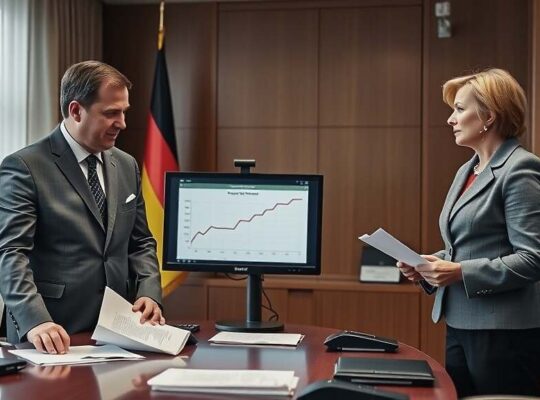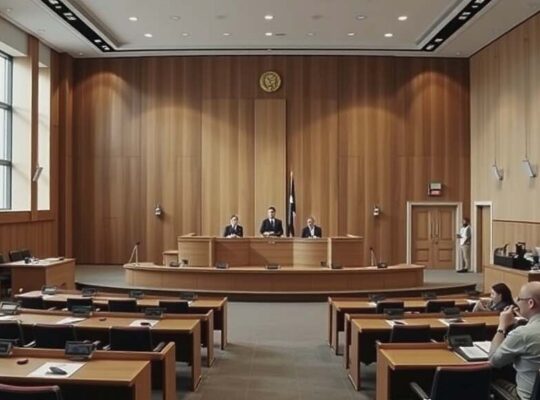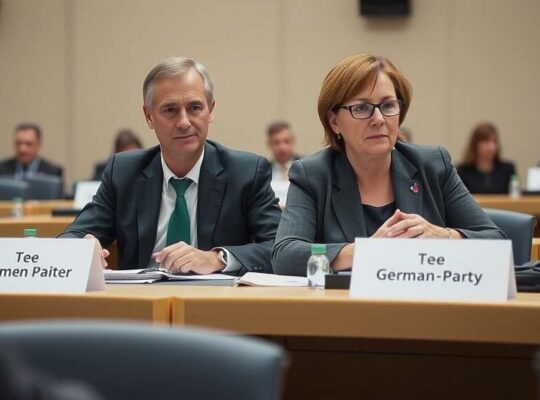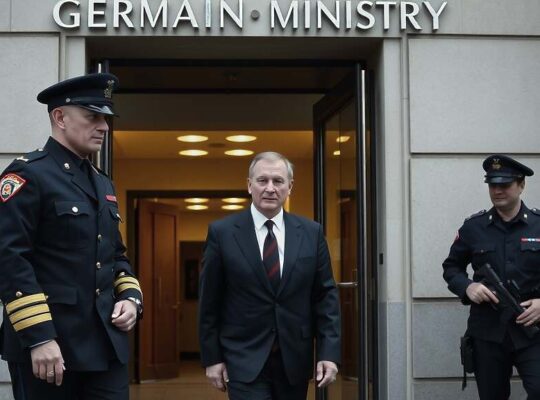The head of the German Reserve Association of the Bundeswehr, Patrick Sensburg, is advocating for a reinstatement of mandatory military service, arguing it is crucial to restore Germany’s defense capabilities amidst escalating geopolitical tensions. His stark warnings, delivered to the Redaktionsnetzwerk Deutschland, highlight a growing anxiety within German defense circles concerning the nation’s preparedness for potential conflict.
Sensburg’s assessment paints a grim picture, predicting staggering casualties – up to 1,000 German soldiers killed or wounded daily on the front lines in the event of war. He emphasizes the imperative need to replace these losses, a task he believes can only be realistically achieved through a significant reliance on reservists. While acknowledging the horrific human cost of war – “death, suffering and misery” – he insists that preventing conflict requires proactive measures, including bolstering the nation’s defensive posture.
The potential implementation of a lottery system for conscription, currently being considered by policymakers, has drawn cautious criticism from Sensburg. While he concedes its legality under the constitution, he questions its public appeal and proposes a hybrid approach, combining targeted recruitment of top talent with a lottery system to ensure broad participation. He expresses confidence that a substantial number of voluntary applicants will emerge, estimating upwards of 40,000 individuals from a pool of 600,000 potential recruits annually. However, he clearly states that relying solely on volunteers will be insufficient to maintain a robust reserve force and a viable “field replacement” capability – highlighting a fundamental shortfall in current defense planning.
Beyond direct combat roles, Sensburg stressed the vital need for reservists in securing critical military infrastructure within Germany and performing a range of essential support functions, further underscoring the broad scope of their contribution. His call for a return to compulsory military service represents a significant departure from current policy and signals a growing consensus among some within the German defense establishment that the nation’s security demands a more comprehensive and potentially disruptive response to the evolving threat landscape. The debate surrounding conscription is now inextricably linked to questions of national responsibility and the willingness to confront the realities of a potentially volatile future.












